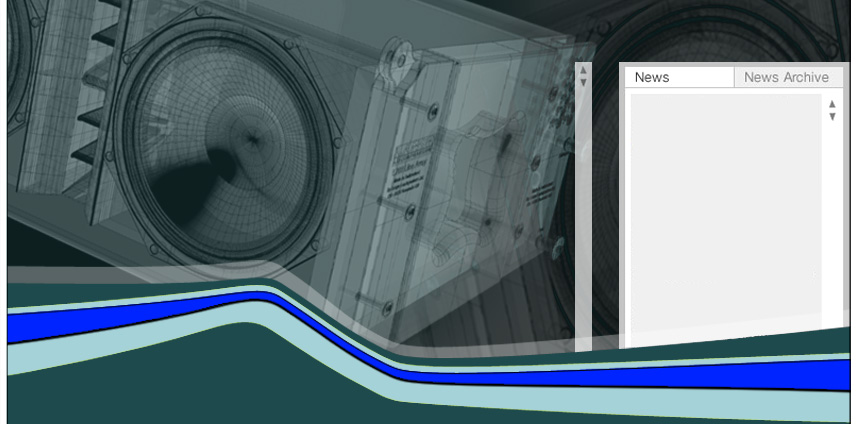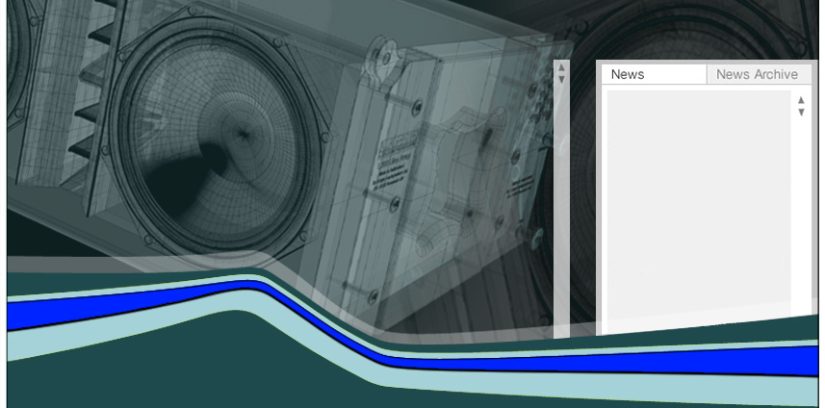
**Episode #597: Are We Approaching a Recession? Insights from Bob Elliott, Former Leader of Ray Dalio’s Investment Team at the World’s Largest Hedge Fund**
In the latest edition of the well-known economics and finance-centered podcast, Episode #597 delves into a significant question that occupies the thoughts of investors, entrepreneurs, and everyday consumers alike: “Are we approaching a recession?” Host Jason Hartman invites Bob Elliott, a highly regarded expert on macroeconomic dynamics — the former senior investment executive at Bridgewater Associates, where he led Ray Dalio’s team at the largest hedge fund in the world.
With over twenty years of experience devising strategies rooted in a profound understanding of economic cycles, Elliott is exceptionally qualified to dissect current trends, filter out the noise, and provide data-driven insights regarding the status of both the U.S. and global economies.
—
### The Macro Backdrop: Conflicting Indicators
Bob Elliott opens the episode by contextualizing the existing economic environment, marked by a complicated array of signals. “We are existing in a time of extremes,” Elliott states. “On one side, there’s historically low unemployment coupled with strong consumer spending. Conversely, inflation persists stubbornly, interest rates are at levels not seen in decades, and corporate profit margins are beginning to face pressure.”
Elliott highlights that one of the primary difficulties in predicting a recession at present is that traditional indicators are not aligned. For instance, inverted yield curves — usually a dependable sign of an impending recession — have been sustained for months. At the same time, real estate markets in certain areas continue to thrive, and corporate debt defaults are just starting to increase.
—
### The Federal Reserve’s Role
A significant part of the conversation focuses on Federal Reserve policy. Elliott points out that since 2022, the Fed has implemented significant interest rate hikes to combat inflation. “Most recessions in recent economic history have been initiated, at least partially, by rising rates,” he notes. “What sets this situation apart is that we entered the tightening phase from a uniquely stimulative backdrop due to pandemic-related policies.”
He asserts that the delayed impact of these rate increases is still unfolding within the economy. “Sectors like capital expenditures, real estate, and consumer credit are the first to experience the effects. The repercussions have begun, but they haven’t yet fully manifested in labor market weaknesses.”
Although some predict that the Fed might soon shift to rate cuts, Elliott remains cautious. “If inflation turns out to be genuinely persistent, the Fed may be compelled to maintain higher rates for longer than the markets currently expect. That scenario heightens the risk of a recession.”
—
### Labor Market Resilience — For Now
One notable aspect of the U.S. economy is the strength of the labor market. Elliott notes that while unemployment remains at historically low levels, there are rising signs of distress, such as drops in job vacancies and a deceleration in wage growth.
“Labor markets don’t typically lead into recessions — they follow,” he points out. “But we are closely monitoring indicators such as temporary job cuts and average weekly hours worked. These serve as early warning signs of business contraction, and we are observing some shifts there.”
He adds that the workforce changes following the pandemic—especially in remote work and technology roles—are driving structural modifications that complicate traditional employment indicators.
—
### Soft Landing vs. Hard Landing: What’s More Likely?
When queried about the likelihood of the U.S. economy experiencing a soft landing (a deceleration without a full-blown recession) versus a hard landing (a significant contraction), Elliott maintains a measured perspective.
“There’s a noteworthy chance we achieve a soft landing, particularly if inflation continues to decline and global central banks work in concert toward gradual normalization,” he elaborates. “However, the risks are tilted toward the downside. It wouldn’t require much — a geopolitical crisis, another banking stress incident, a dip in consumer confidence — to push the economy into a mild recession.”
He predicts that if a recession does transpire, it is likely to be shallow by historical measures, primarily because consumer and corporate financial standings are in better condition than they were in 2008 or even 2001.
—
### What Should Investors and Businesses Consider?
Throughout the episode, Elliott offers pragmatic advice for his audience. For investors, he stresses the importance of diversification. “This is not the moment for making aggressive directional wagers on whether the Fed will reduce rates in three meetings or five,” he advises. “Instead, concentrate on balancing risk across various asset classes, regions, and time frames.”
For business leaders and entrepreneurs, Elliott recommends maintaining caution without immobility. “Assess your expense structures, keep an eye on your cash flows, and ensure that your supply chains and customer bases are resilient to minor shocks,” he suggests. “However, remember that economic downturns can also present prime opportunities for realignment and growth.”
—
### The Key Takeaway: Vigilance in the Face of Uncertainty
Episode #597 highlights the intricacies of navigating an economy in
